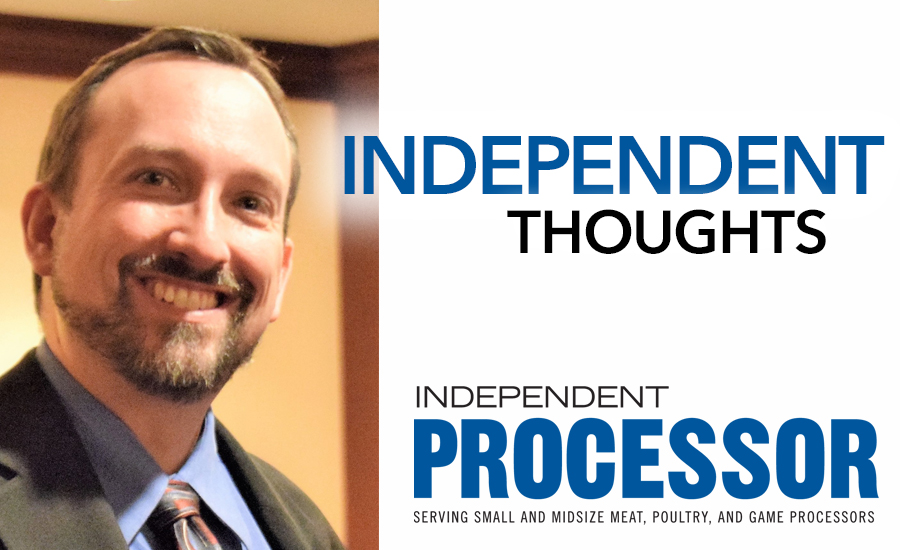Throughout the past year, news coverage the COVID-19 crisis in the meat industry has been filtered through the lens of the biggest of the big processors. When media companies wrote about COVID and the meat industry, they wrote about the outbreaks in the largest plants and ignored the small processors who adapted quickly to the pandemic and grew their business without shutting down. When I wrote about the small processors for our Year of the Independent Processor feature, I found a much different story that was not properly told by the mainstream media.
It's happening again, as news reports about vaccinations taking place at large processing plants are released. It’s important for those employees to get those vaccinations, of course. Because of the country’s highly specialized meat supply chain, there are a mere handful of slaughterhouses that supply the majority of the meat to the rest of the country. When those plants go down, the whole supply chain feels the effects; it’s not an ideal situation by any means, but it’s what we have in place for now. So by all means, vaccinate the employees at those facilities. They’re front-line workers, and their job is to help feed the nation.
Let’s make sure that the health of the meat market employees aren’t forgotten as well, of those meat processors with 20 or 40 employees instead of thousands. States need to give priority to their small and mid-sized meat plants, the custom-exempt plants, the state-inspected plants, the local abattoirs. They are responsible for maintaining our nation’s food supply as well. They may not produce meat cuts, sausages or chicken tenders at the same scale at the largest corporations, but those employees are front-line workers, too. Protecting the industry means protecting all of its people.
Sam Gazdziak
gazdziaks@bnpmedia.com




Report Abusive Comment